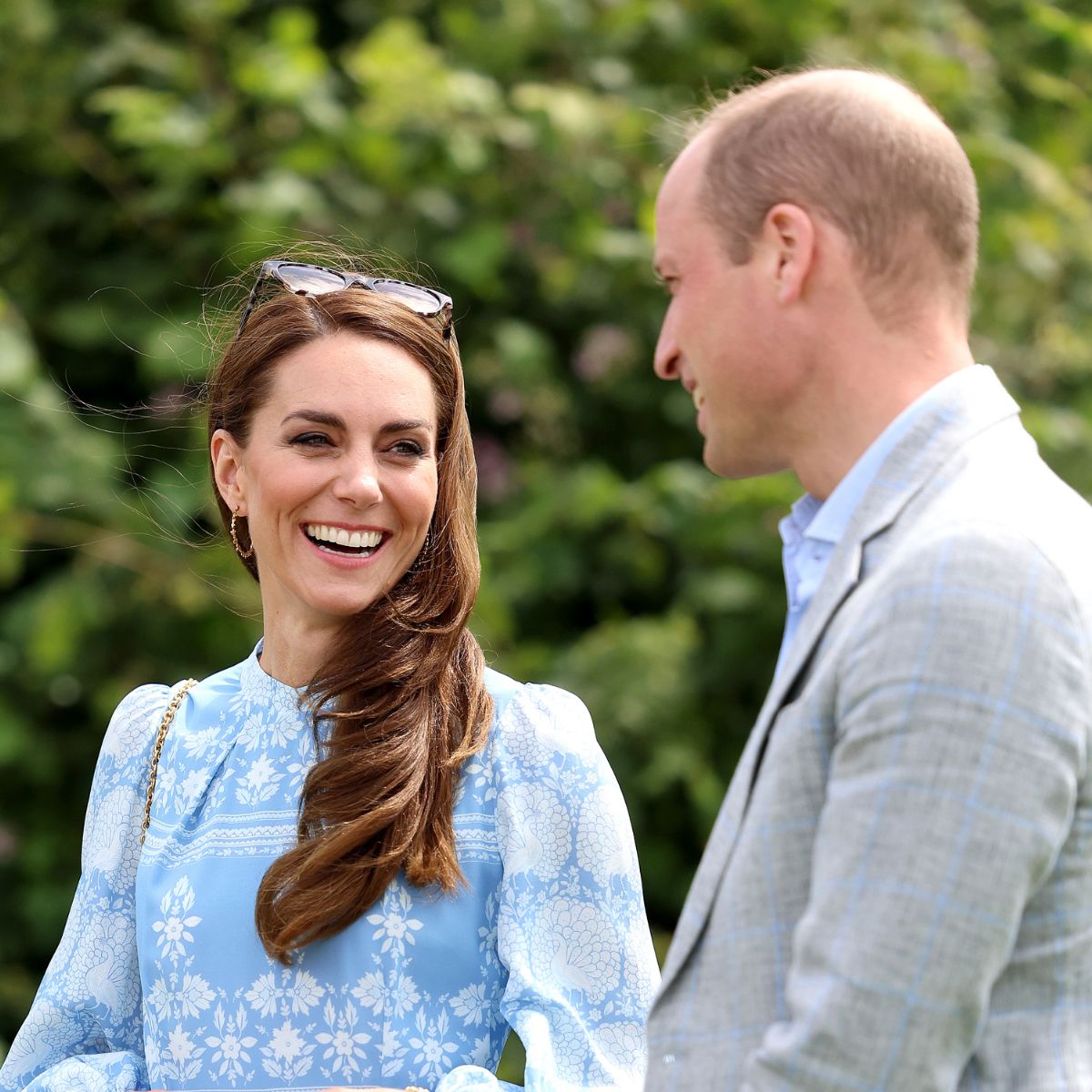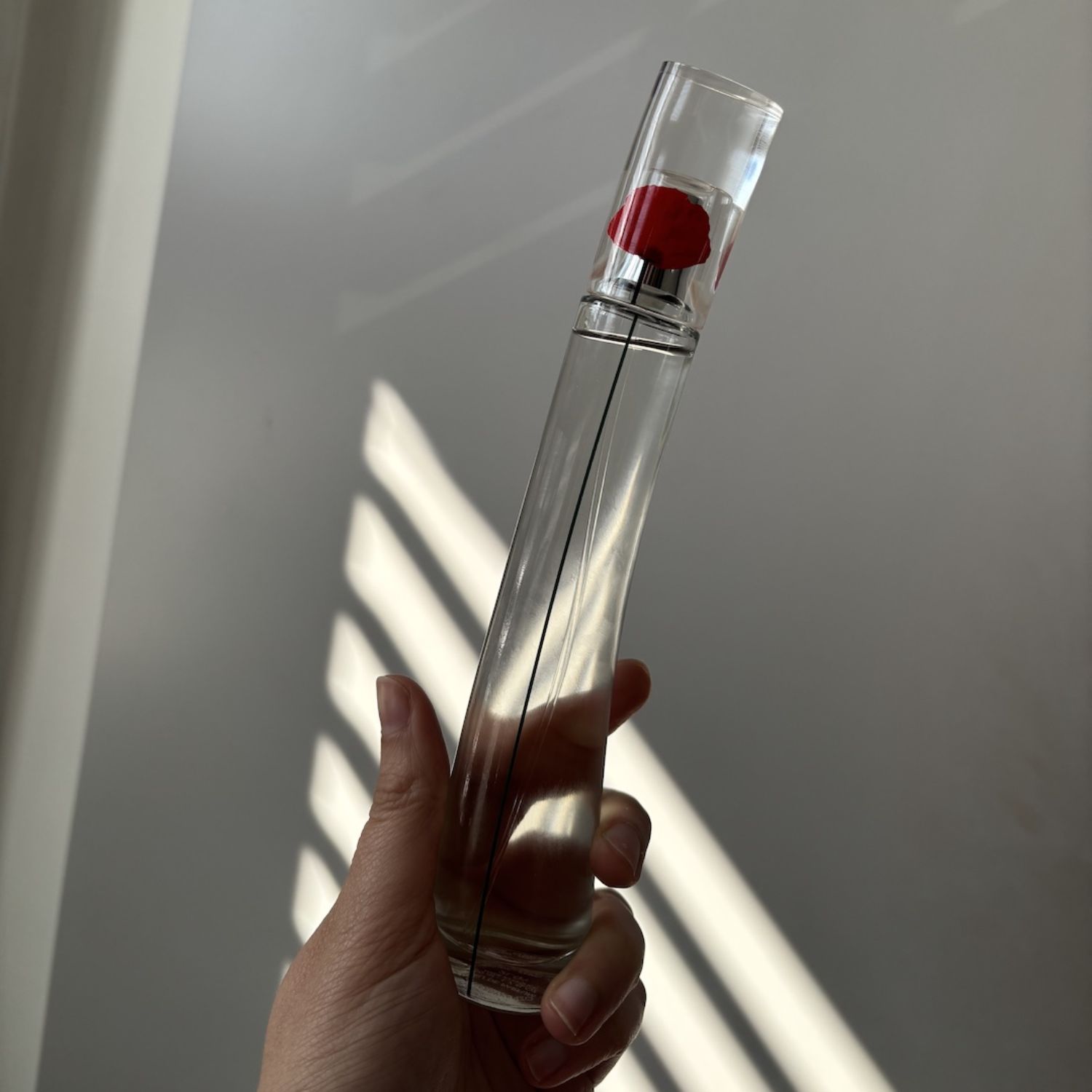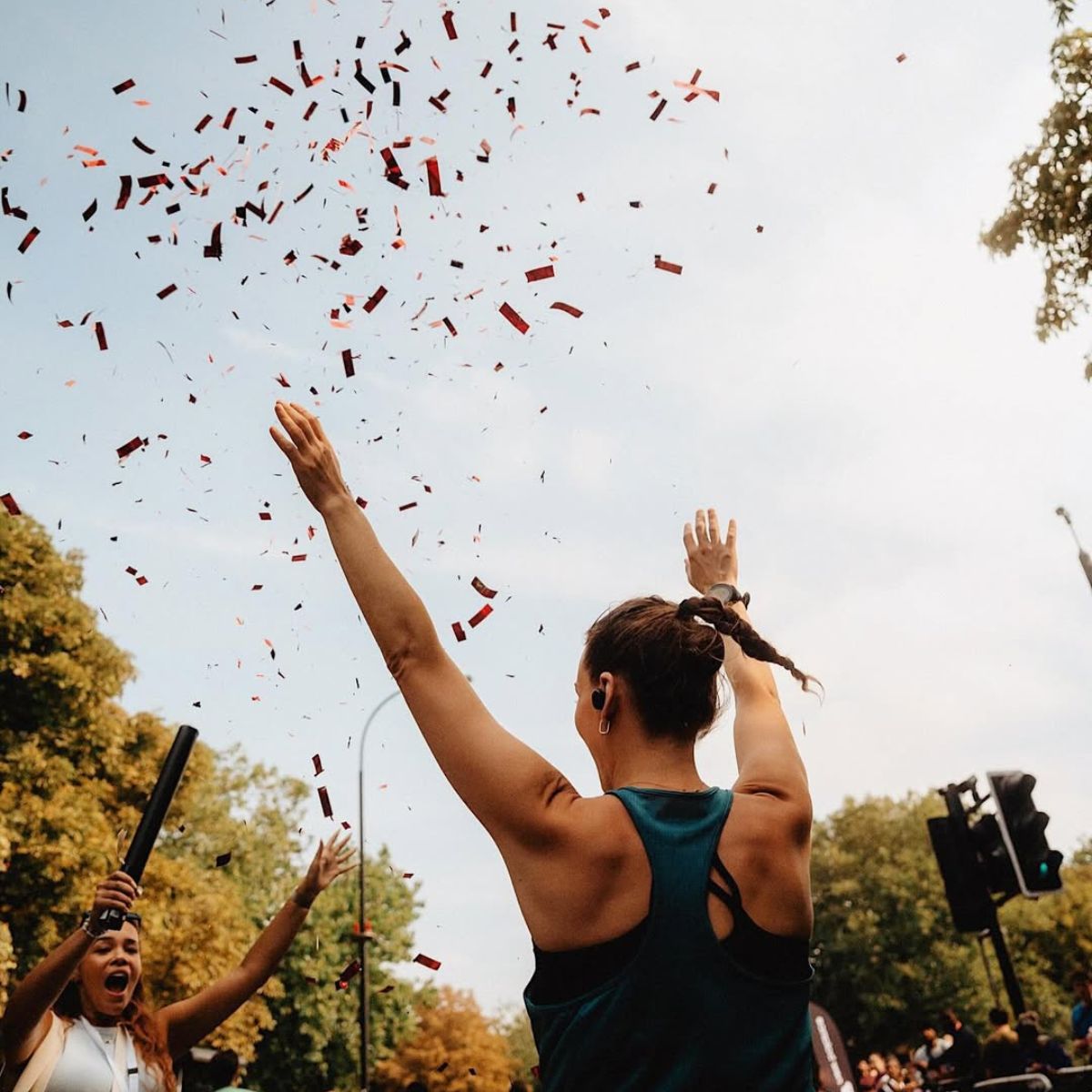Why TV needs to take rape more seriously
Out Of The Shadows launches today - an important campaign asking programme makers to adhere to a set of guidelines when dealing with sexual violence. These vital messages can make a huge difference to many lives as these women testify...


Out Of The Shadows launches today - an important campaign asking programme makers to adhere to a set of guidelines when dealing with sexual violence. These vital messages can make a huge difference to many lives as these women testify...
Words by Lizzy Dening
Imagine that, as a survivor of sexual violence, you turn on the TV and watch a soap where a situation similar to your own plays out in front of you. Now imagine that this happens without warning, and afterwards leaves you feeling exposed and alone, with nowhere to turn. Sadly, this situation is all too often the case. That’s why a group of campaigners are calling for change.
'It can be so triggering and heart stopping to see a fictional character go through something that caused you, in real life, so much pain and trauma,' says survivor Abby. 'What makes it even worse for me is it being a surprise with absolutely no warning, with no helpline offered afterwards. As a young survivor it really feels as if the media industry doesn’t care about the effect scenes like this could have on survivors.'
There’s clear evidence that dramas and soap storylines around sexual violence have a massive impact in encouraging survivors to come forward, often for the first time. The Rape Crisis helpline experienced a massive 132% increase in calls after Broadchurch’s sexual assault plot – when a helpline number was included. A similar spike occurred after David Platt’s rape in Coronation Street. While some programmes handle stories around sexual violence really well – liaising with charities to ensure sensitive, accurate handling, and ensuring helplines are mentioned on air – there’s currently no one rule for all programme makers, which means support can feel patchy.
I didn’t know where to turn after a Home and Away story
'As a child I experienced sexual abuse in the home. I didn’t realise what it was or that it was wrong, I just felt uncomfortable with it,' says Katie*. 'Then, on Home and Away, Isla Fisher’s character, Shannon Reed, was experiencing sexual abuse – or flashbacks of it. I really identified with the feelings she was experiencing and it felt like (in some respect) I was watching my life being played out in front of me.
'I followed the storyline carefully, but there was never any support information given and I remember feeling ‘great, so what do I do with this now?’ I feel that things would not have escalated so far if I had gotten support earlier. Having experienced sexual violence as an adult, I am reassured when information cards are used, but their lack of consistency is alarming.'
Marie Claire Newsletter
Celebrity news, beauty, fashion advice, and fascinating features, delivered straight to your inbox!
A helpline after a documentary changed my life
Meanwhile, Jane Chevous, who has been working to create the guidelines, had the opposite experience. She was able to identify childhood abuse and call a helpline after 40 years of silence, having watched a BBC documentary about paedophilia, which was followed by a helpline number.
'Seeing the programme helped me to understand that I had been abused – I’d never given it that name before. It prompted me to get help, and gave me hope that I would be listened to. Contacting that helpline had a massive impact on my life. I was struggling with PTSD symptoms and depression, and thought it was because there was something wrong with me.'

Why do helpline numbers still matter?
It may seem old fashioned to campaign for helplines on TV when most of us would look online for help, but these messages do much more than just provide a contact point. The campaign group (a partnership between 38 Degrees and Nottingham Sexual Violence Support Services) also want the helpline information to include clear labelling. So that instead of ‘if you have been affected by these issues,’ they would use terms such as ‘coercive control’ or ‘grooming’, to help provide survivors with language for what they’ve experienced. Often, when traumatised, survivors don’t yet have the language to define what happened to them– many people simply feel something was ‘wrong’ but can’t necessarily articulate why. Having these terms clearly attached to a storyline can be a vital tool in compelling them to seek help.
The campaigners are also demanding that helplines should be shown both before and after shows, which would not only give viewers time to gather their thoughts and get a pen, but also would serve as a much-needed trigger warning for disturbing content. 'After watching Big Little Lies I have been triggered by the third episode of the first season [a rape scene], which didn’t have a helpline,' says Anastasia. 'I definitely think the episode should at least have a warning. It's important for people who have experience this kind of trauma (or similar trauma, like me with ‘domestic’ rape) to be prepared for what they are going to see or have the ability to make the decision to not watch that episode.'
What are campaigners asking for?
Campaigners are asking UK TV networks, Ofcom and DCMS to adhere to these specific guidelines across all programmes, making sure to keep these standards on catch-up services too:
1. Always use information cards. Understand the potential impact across all types of programming, including drama, documentaries and news items. Use information cards in all broadcasts, including live TV and radio, on-demand and internet-based programmes.
2. Provide support with all types of abuse and violence. Recognise the wide range of abusive acts and experiences, including physical, psychological and sexual abuse, grooming and coercive control; and that media portrayal can help victims/survivors to identify abusive behaviour they have experienced or may be experiencing.
3. Repeat information. Provide a warning with support information before a programme, and repeat it at the end. Use voiceover and text to draw attention to the information card and name the main types of abuse featured.
4. Provide comprehensive information. In accessible formats, including websites as well as helplines, and reflecting the range of survivor experiences, with both generic and specialist services.
5. Provide training and internal guidelines. For producers and those responsible for support information, to ensure they can recognise the issues and provide appropriate support information.
6. Update regularly. Keep up to date with research and legal changes, and update support information at least every 3 years, as agencies change and the legal definitions and understanding of abuse and violence develops.
7. Seek feedback. Involve survivors, survivor-led organisations and support agencies in evaluating the appropriateness and impact of the support information provided.
The campaign is being run via 38 Degrees, and was set up by Karen Jardine, from Nottingham Sexual Violence Support Services. More than 90,000 people have signed Karen’s petition so far, and there’s still time to add your name – that’s also the best way to stay informed as the campaign progresses. Visit you.38degrees.org.uk
For help and advice please contact: * Rape Crisis England and Wales * Rape Crisis Scotland * Nexus NI (Northern Ireland)
Maria Coole is a contributing editor on Marie Claire.
Hello Marie Claire readers – you have reached your daily destination. I really hope you’re enjoying our reads and I'm very interested to know what you shared, liked and didn’t like (gah, it happens) by emailing me at: maria.coole@freelance.ti-media.com
But if you fancy finding out who you’re venting to then let me tell you I’m the one on the team that remembers the Spice Girls the first time round. I confidently predicted they’d be a one-hit wonder in the pages of Bliss magazine where I was deputy editor through the second half of the 90s. Having soundly killed any career ambitions in music journalism I’ve managed to keep myself in glow-boosting moisturisers and theatre tickets with a centuries-spanning career in journalism.
Yes, predating t’internet, when 'I’ll fax you' was grunted down a phone with a cord attached to it; when Glastonbury was still accessible by casually going under or over a flimsy fence; when gatecrashing a Foo Fighters aftershow party was easy-peasy-lemon-squeezy and tapping Dave Grohl on the shoulder was... oh sorry I like to ramble.
Originally born and bred in that there Welsh seaside town kindly given a new lease of life by Gavin & Stacey, I started out as a junior writer for the Girl Guides and eventually earned enough Brownie points to move on and have a blast as deputy editor of Bliss, New Woman and editor of People newspaper magazine. I was on the launch team of Look in 2007 - where I stuck around as deputy editor and acting editor for almost ten years - shaping a magazine and website at the forefront of body positivity, mental wellbeing and empowering features. More recently, I’ve been Closer executive editor, assistant editor at the Financial Times’s How To Spend It (yes thanks, no probs with that life skill) and now I’m making my inner fangirl’s dream come true by working on this agenda-setting brand, the one that inspired me to become a journalist when Marie Claire launched back in 1988.
I’m a theatre addict, lover of Marvel franchises, most hard cheeses, all types of trees, half-price Itsu, cats, Dr Who, cherry tomatoes, Curly-Wurly, cats, blueberries, cats, boiled eggs, cats, maxi dresses, cats, Adidas shelltops, cats and their kittens. I’ve never knowingly operated any household white goods and once served Ripples as a main course. And finally, always remember what the late great Nora Ephron said, ‘Everything is copy.’
-
 Princess Kate has started a new tradition with Prince Louis’ birthday portrait
Princess Kate has started a new tradition with Prince Louis’ birthday portraitBy Jenny Proudfoot
-
 As a perfume-obsessed beauty editor, I can’t believe it’s taken me 25 years to try this classic Y2K scent
As a perfume-obsessed beauty editor, I can’t believe it’s taken me 25 years to try this classic Y2K scentIt was worth the wait
By Mica Ricketts
-
 I'm a 9x marathoner who likes looking and feeling their best. Enter: the functional but fashionable race day outfits I swear by
I'm a 9x marathoner who likes looking and feeling their best. Enter: the functional but fashionable race day outfits I swear byThese outfit formulas almost guarantee you a PB.
By Ally Head